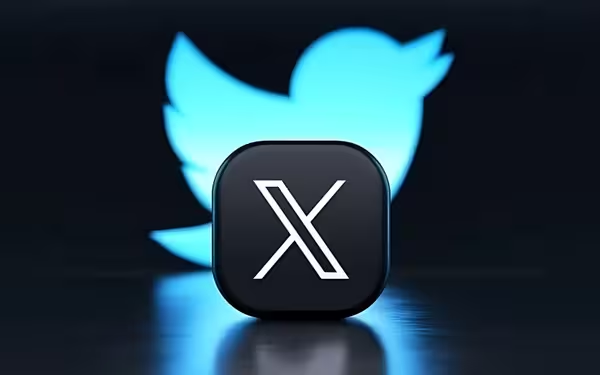Friday, October 4, 2024 10:35 AM
PTA Chairman Affirms Government's Role in X Shutdown Decision
- PTA Chairman states X unblocking decision rests with government.
- Internet restrictions raise concerns over free speech in Pakistan.
- Youth and activists rely on X for communication and expression.
 Image Credits: tribune.com.pk
Image Credits: tribune.com.pkPTA Chairman states the decision to unblock X lies with the government, raising concerns over free speech and internet restrictions in Pakistan.
The ongoing debate surrounding the accessibility of social media platforms in Pakistan has taken a new turn. Recently, Major General (retd) Hafeezur Rehman, the Chairman of the Pakistan Telecommunication Authority (PTA), made a significant statement regarding the status of the social media platform X, formerly known as Twitter. He emphasized that the decision to unblock X lies solely with the government. This announcement has sparked discussions among users and stakeholders about the implications of such restrictions on freedom of expression and communication in the country.
Rehman pointed out that internet restrictions are not a phenomenon exclusive to Pakistan. He noted that similar incidents have occurred across various countries in Asia, indicating a broader trend of governments imposing limitations on social media access. This context raises important questions about the balance between national security and the right to free speech. In many cases, governments justify these actions as necessary for maintaining public order, but critics argue that such measures often infringe upon individual rights.
As the PTA awaits directives from the government, many users of X are left in a state of uncertainty. The platform has become a vital tool for communication, especially for the youth and activists who rely on it to express their views and connect with others. The potential for a prolonged shutdown could hinder the flow of information and stifle public discourse, which is essential in a democratic society.
The situation surrounding the unblocking of X is a reflection of the ongoing struggle between governmental authority and individual freedoms. As citizens await further developments, it is crucial for the government to consider the implications of its decisions on the public's right to access information and express opinions freely. The dialogue surrounding internet freedom is more important than ever, and it is essential for all stakeholders to engage in constructive discussions that prioritize both security and civil liberties.













